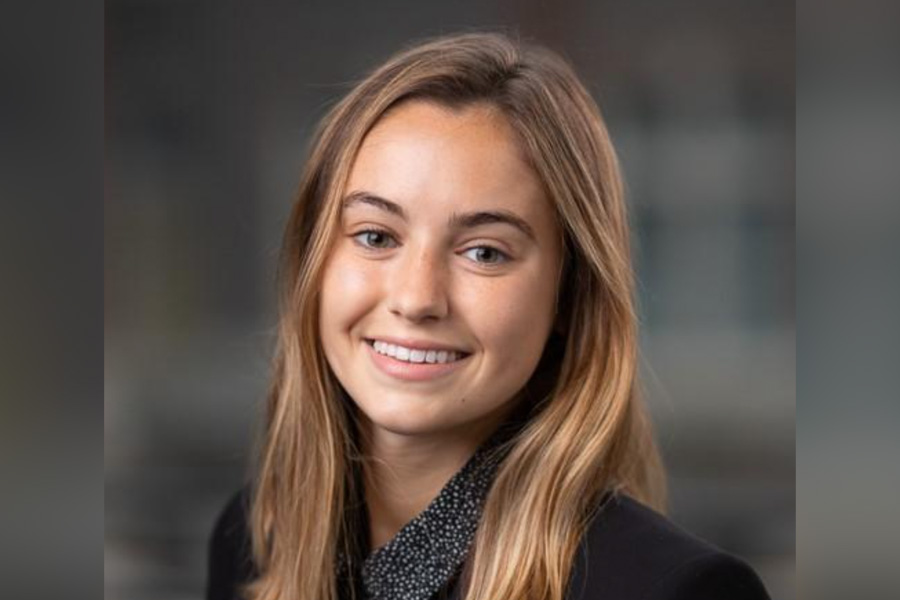What is your current role in health care?
“I am the Professional Services Business Strategist at the Hazelden Betty Ford Foundation. I provide operational support, as well as consultation on strategic direction and planning for all of our professional services, those being our Psychiatry, Medication Management, and Mental Health Services. I am currently working with our National Executive Director of Mental Health to establish an outpatient mental health service line at Hazelden Betty Ford.”
What stands out as a favorite memory during your time as an MHA student?
“My very favorite memory was the retreat, they call it ‘a fishing trip’ although there was absolutely no fishing involved. We stayed in cabins in the wilderness and it was our first time getting to know people outside of the classroom setting. It was the first time that you could sit down and have one-on-one conversations with people about their actual lives. I have lifelong friends that I can trace back to that day.”
How has the MHA Program helped prepare you for your career?
“The program does a really good job of layering a very typical business administration program with healthcare industry knowledge. The program also connected us to real-world experiences. We were able to tour healthcare organizations in the Twin Cities, meet with individuals currently working in the industry, and create student consultant relationships in courses and during residency. The creation of those valuable connections are a part of how I landed my current role at Hazelden Betty Ford.”
What challenges and opportunities will healthcare leaders encounter in the next 5-15 years? What skills will leaders need to be successful in light of these challenges and opportunities?
“The growth trajectory for mental health and emphasis on consumer centricity are two big trends. When we think of consumer-centricity, we often think of what is in-demand. We can see how the pandemic, for instance, accelerated virtual care. But, consumer-focused healthcare is about what is behind the demand. It is about consumers wanting to be empowered to make their own decisions about their care and having more affordable, convenient, and intelligent solutions that work with their lives. It is about meeting people where they are at by truly understanding those we are attempting to serve.
I think it’s easy as an administrator to focus on the status quo – keeping the lights on, but I think it’s going to require innovators to think outside of the box and do things differently to meet people where they are at and meet the demand of populations as they change over time.”
If you could give one piece of advice to a current student, what would it be?
“Get involved in any way that you can. The program goes by so fast, but you have a lot of opportunities when you’re on campus and participating in the program to experience different things. I was able to serve as the secretary for the class and participate as a graduate assistant as a part of the recruitment process. It allowed me to build relationships with different people.”
Why is your class the best class ever?
“We are absolutely the best class ever. We were the first pandemic class – rounding out our second year in the first months of COVID-19 in the US. We had to transition to end the semester with online learning and graduated virtually. We are an adaptive, resilient bunch.”

